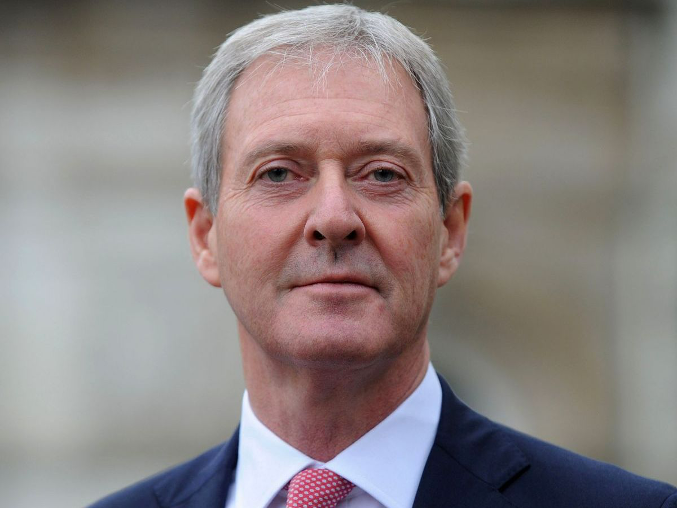Areas that can raise more in council tax also receive less in direct government funding. Overall, those areas with the highest social care needs will receive higher amounts of overall funding.
What does the proposed £2.8bn increase in funding for the adult social care sector mean for local authorities?
This funding, on top of retaining £1.3bn for the social care reforms next year, will give councils the means to help address inflationary pressures this year and next year, meaning that truly unpalatable decisions over tightening eligibility for care services or reducing services can be avoided. It will allow councils to commission more care packages to address demand, stabilise services in the short term, and work with health partners to improve hospital discharge rates.
However, it should not be seen as a panacea and particular funding challenges remain, as well as the overall accessibility to care services for people in county areas.
Do you believe the Chancellor’s decision to delay recommendations in the Dilnot report, including the social care cap, was a good decision for local authorities?
It is. My fellow county leaders from across the country and I support the principle of the government’s reforms, but the County Councils Network released two reports this year that showed that that the government’s proposed charging reforms have been substantially underestimated, which could have led to widespread provider failure. In addition, inflationary costs this year could add £3.7bn to councils’ care costs this year and next.
Faced with these challenges, it would have been a recipe for disaster to have implemented the reforms that are planned in October 2023. We understand some in the sector are disappointed, but the delay buys councils valuable time to stabilise the system and the government time to analyse the costs of these reforms.
What does the five per cent increase in council tax mean for adult social care across the country? Will it cause disparities in the quality of social care as some have predicted?
It means that councils have another lever to pull in terms of raising revenue across the country with local authorities having made use of the social care precept over the last few years.
Whilst council tax raises more funding in different parts of the country, it is too simplistic to say this will cause disparities in the quality of care. Areas that can raise more in council tax also receive less in direct government funding. Overall, those areas with the highest social care needs will receive higher amounts of overall funding.
How likely are councils to implement the five per cent increase? What would the barriers to implementing it be?
I can’t speak for what colleagues will be doing across the country, but I know they will be taking into consideration cost-of-living pressures for residents and balancing this against their financial challenges in setting a balanced budget.



